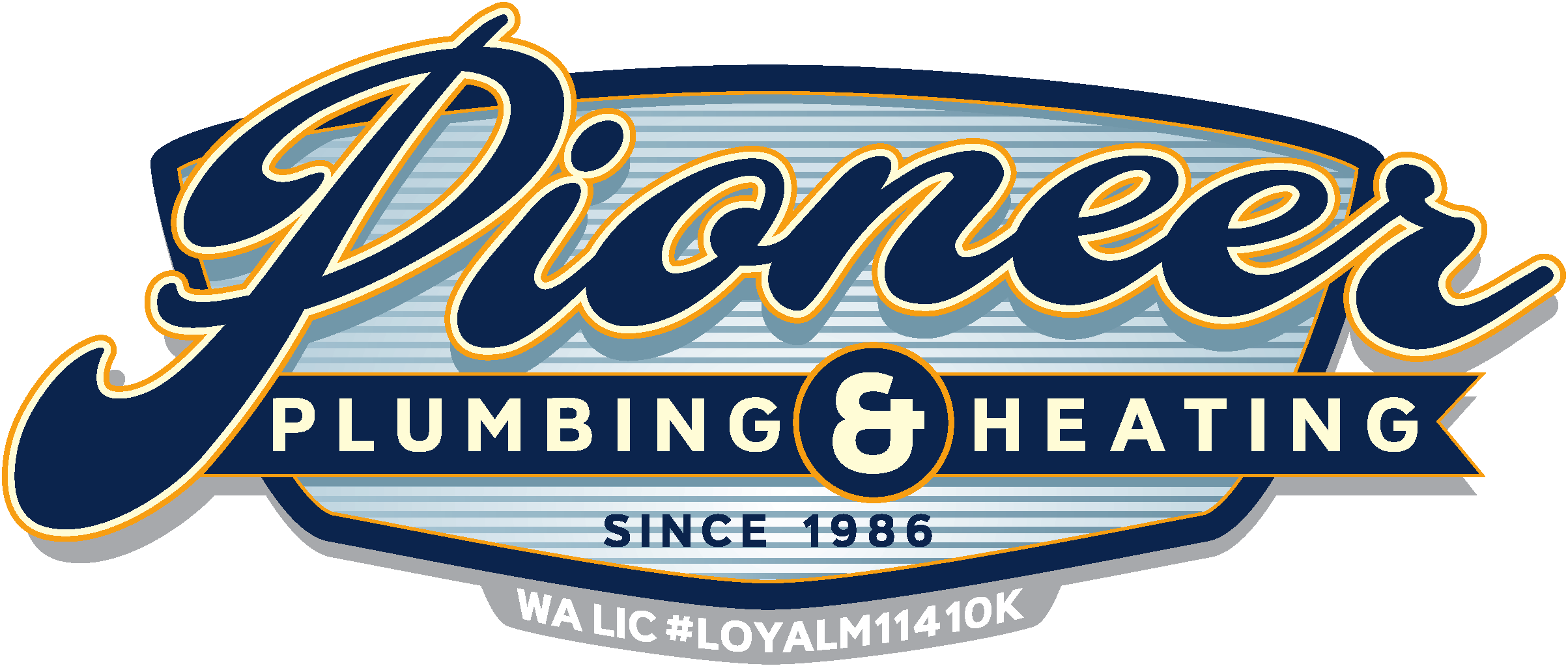Any homeowner will tell you the importance of keeping your plumbing working through the winter, but sometimes the elements have their own way of doing things. Burst pipes, wet floors, and damaged walls are all possible in the winter months and are much more common in colder areas, but Seattleites are not immune from winter plumbing woes. To prevent a plumbing catastrophe from putting a dent in your holiday plans this year, consider a comprehensive plumbing checkup from Pioneer Plumbing and Heating to ensure your system works as intended. In the meantime, look for these common plumbing issues to keep a baseline if your system is older or a little rundown.
Keep the Heat On
If you're planning to go on vacation or leaving home for any extended period of time, it's important you keep your heat on - even if no one is home. While turning down your heat below 55 degrees can save on energy costs, the consequences of turning down the system too far can be severe. Pipes can freeze, causing them to buckle and burst. By maintaining a consistent temperature year-round, you system will be much less likely to break down or lose efficiency over time.
Drain the Tank
If your hot water heater is of the old tank type (it probably is), draining the system before winter should be a top priority. Draining it once per year removes sediment that can build up over time, resulting in higher costs and decreased efficiency. Turn off the power or gas to the system, remove the cold water supply valve, then connect a garden hose to the drain at the bottom of the tank.
Next, open the drain valve and the pressure relief valve at the top of the tank, allowing water to drain out (once you've run the hose outside, that is). Once the tank is empty, open the cold water valve to help clear any lingering sediment before closing the valve again and allowing the tank to refill. Then you can relight the pilot or power back on the tank and enjoy the increased performance.
Drip, Drip, Drip
When temperatures fall, it's usually a good idea to leave a slight drip running through your home's faucets. While wasting water isn't a positive notion for most people, keeping a steady - but very slight - stream running through your system will save you a tremendous amount of time, money, and water compared to a frozen, burst mess. Should the dripping stops due to a frozen pipe, you should keep your faucets open anyway to help with pressure relief.
Prioritize Problem Areas
Especially if you live in an older home, there's a good chance some of your plumbing will be more susceptible to freezing/breaking than in other areas of your home. When cold weather begins to approach, protecting exposed or "problem" pipes first should be a top priority. Any pipes that are exposed, uninsulated, or otherwise located on exterior walls should be wrapped up and protected with pipe insulation or even a space heater in extreme cases. If you're planning to be out of town for an extended period of time, it's not a bad idea to leave your cabinets, closets, and maintenance areas open to allow warm air to enter and keep pipes warm.
Speaking of Insulation…
Insulation is a cheap and effective way to curb potential plumbing disasters in a single step. Whether you choose foam insulation, low-cost pipe wrap, or insulation tape, insulating your pipes is the best method toward preventing breakage and damage due to frozen pipes.
You'll want to prioritize insulation in exposed areas, exterior walls, or unheated rooms and storage sections of your home. Pipes contained within cabinets or storage areas should be left open during periods of absence or wrapped with spare towels or blankets to prevent freezing.
Mind the Drain
Winter means more cooking and huddling up indoors rather than venturing out of the house for culinary adventures, but the extra attention paid to your kitchen can also wreak havoc on your home's plumbing. Excess oils and fats that get poured down the drain spell chaos for your plumbing system, leaving a coating around your drain that can lead to clogging and slow drainage.
In addition to this increased stress on your plumbing system, cooler weather and increased activity indoors can be disastrous for your pipes and drains. Be sure to always collect oil and fats into cans or jars and throw them in the garbage rather than sending them down the drain this winter.
Clean Your Drains and Gutters
Many homeowners forget about the relationship between their gutters and their drains, but excess precipitation during Seattle's rainy winters can spell disaster for your drains. Debris and ice that builds up in your gutters can weigh them down and pull them away from your roof's fascia, causing water to run in the exact places you don't want it. Rather than replacing gutters that break and wear out (and subsequently causing drainage issues), take some time to clear your gutters, downspouts, and drains to offset the chance of problems this winter.
Winterize Your Outdoor Irrigation Systems
While the plants and lawn have gone by the wayside, the garden hoses and other outdoor plumbing equipment (including automatic sprinkler hoses and heads) can easily freeze, crack, and break when exposed to winter conditions. Outdoor faucets, water irrigation systems, fountain water supply lines, buried gardening hoses, and sump pumps should all be winterized to prevent freezing. Check with the supplied material for your automatic sprinklers and sump pumps, but you should typically be able to clear out any lingering water with an air compressor set to 80 psi for copper or PVC pipe systems, 50 psi for softer black polyethylene pipes.
If all else fails or the task feels too big to get your arms around without help, consider bringing in a professional plumbing service before the seasons change dramatically. After all, if you have to wait for your plumbing to thaw before you can verify the damage, it may be too late. Pipe ruptures and breaks don’t often occur at the actual location where ice forms, rather locating around areas further buried or concealed by construction materials, thus making them very difficult to access and repair. During freezing conditions, changes in water pressure or loss of water flow entirely can be surefire signs of a clog or breakdown in the pipe. Shut off the water to your home and call a plumbing professional right away. The sooner you can prevent further damage to your system, the more money you’ll save as a result.
If you’re concerned about the plumbing system in your property ahead of the winter months, consider calling Pioneer Plumbing and Heating. Our technicians have extensive experience working with a multitude of pipe materials, heating systems, and buildings of every size and relative age. Give us a call today and schedule a complete checkup of your plumbing system before winter arrives in force.
Image source, labelled for reuse






